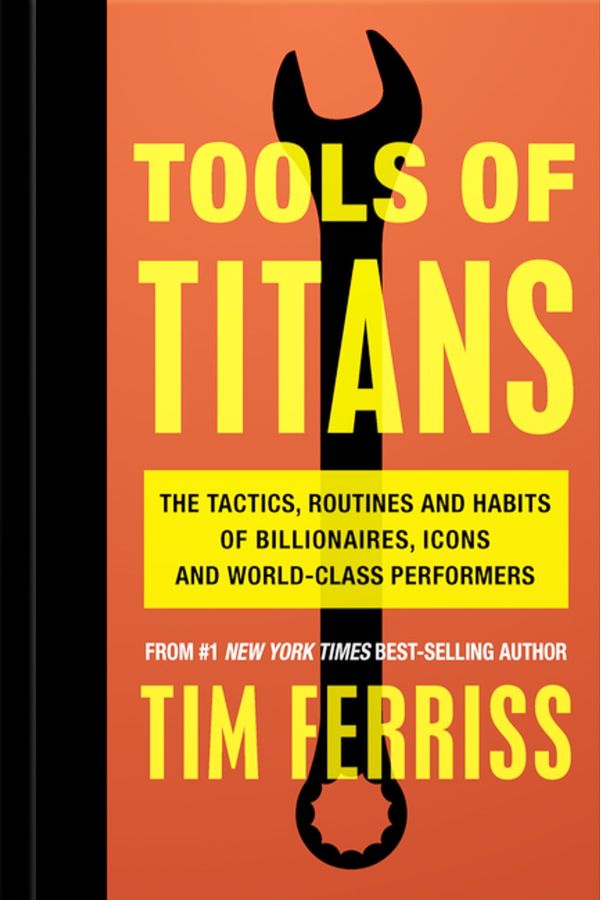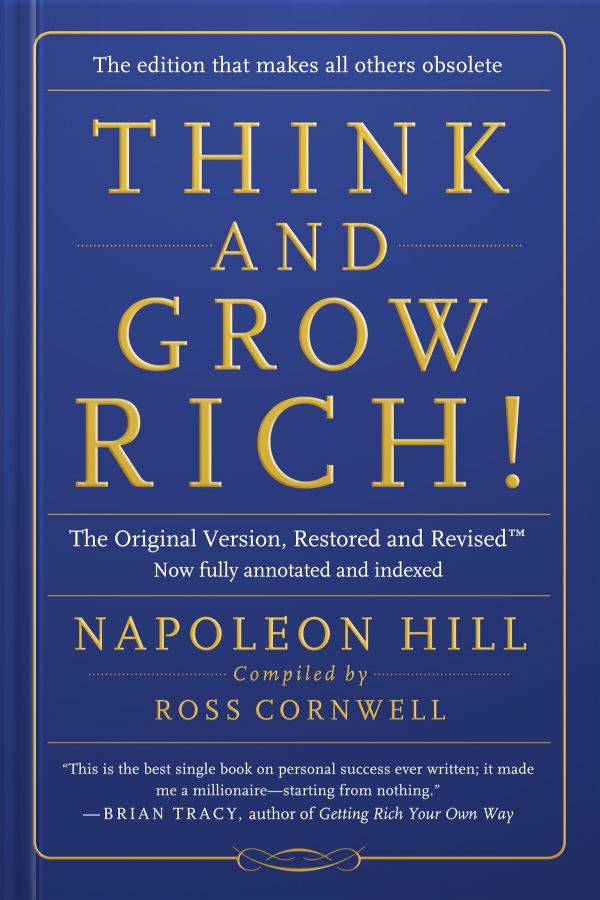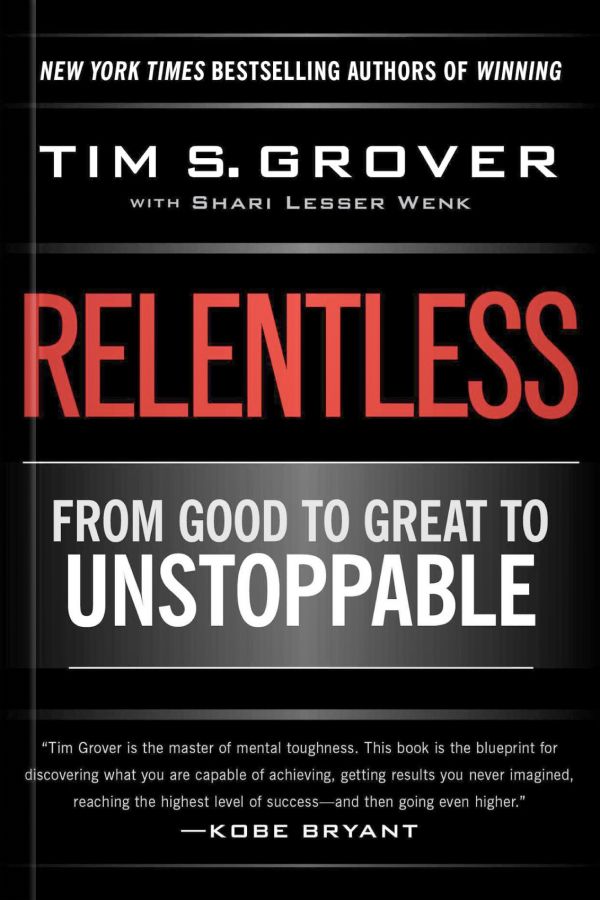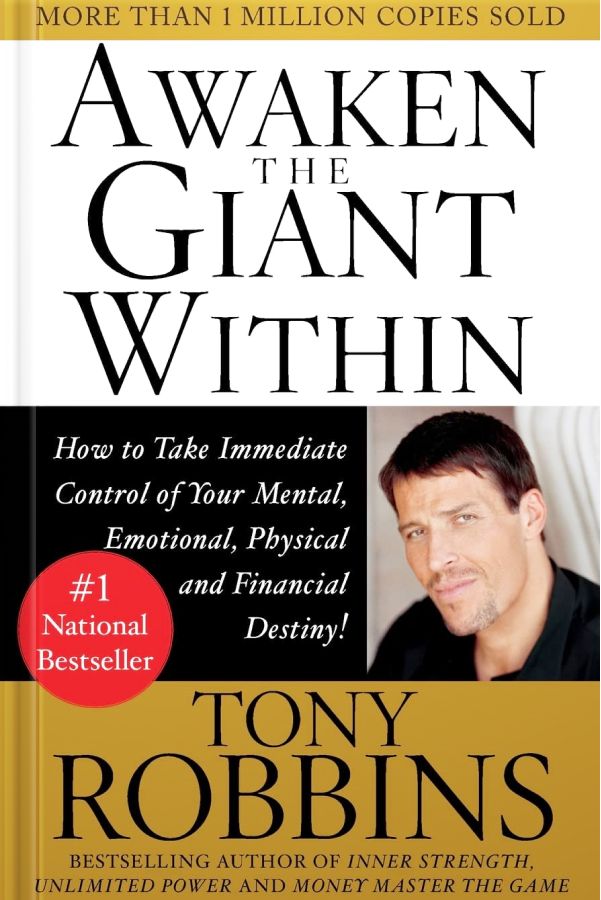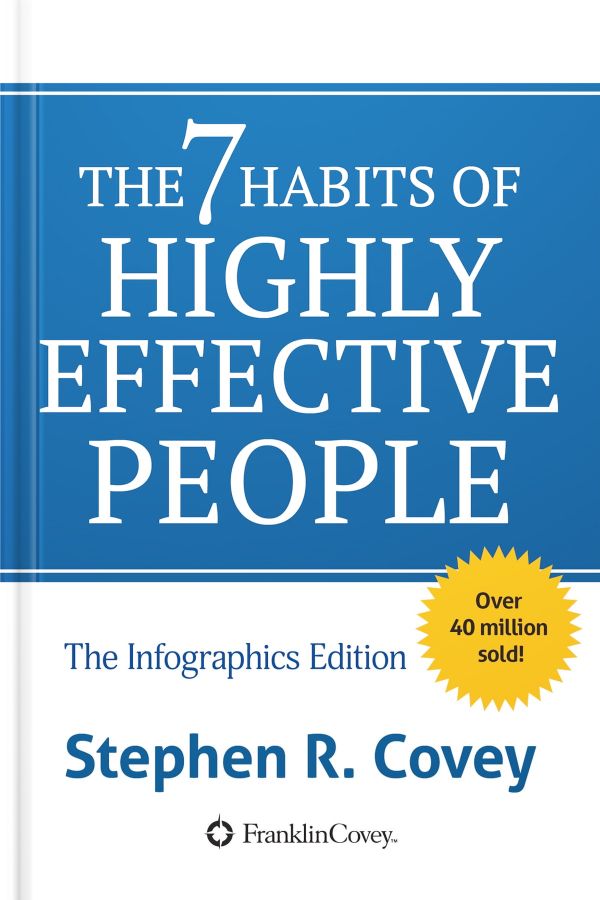
Leadership
The 7 Habits of Highly Effective People
1. Be Proactive
The first habit Covey emphasizes is proactivity.
Instead of pointing fingers and blaming the external world for our problems, we can focus on areas within our control.
This requires a shift from a reactive mindset to a proactive one. In the book, Covey illustrates this with the quote:
“I am not a product of my circumstances. I am a product of my decisions.”
Recognizing that we can shape our life events is liberating and forms the foundation for other habits.
2. Begin With The End In Mind
Visualizing your desired outcomes is critical to accomplishing your goals.
Covey advises us to begin every task or project with a clear vision of the desired end state. This is similar to creating a mental blueprint before building a house. As Covey puts it,
"Start with the end in mind."
It is about planning and goal-setting, and it encourages us to act intentionally and ensures we're heading toward our most important goals.
3. Put First Things First
Covey's third habit is prioritization.
“The key is not to prioritize what's on your schedule, but to schedule your priorities,” Covey writes.
Not everything that screams for our attention is essential. We must learn to distinguish between urgent and vital tasks, focusing our energy on the ones that align with our values and contribute to our overall goals.
4. Think "Win-Win."
Developing successful and mutually beneficial relationships is a cornerstone of Covey's philosophy.
The "Win-Win" habit seeks agreements and solutions that benefit all parties.
Covey likens relationships to emotional bank accounts, with deposits building trust and depleting withdrawals.
A "Win-Win" outcome is a significant deposit into the relationship's account.
5. Seek First to Understand, Then to Be Understood
Good communication is critical to successful relationships, and that involves empathetic listening. As Covey puts it:
"Most people do not listen with the intent to understand; they listen with the intent to reply."
To truly understand others, we must listen with empathy, acknowledging their feelings and perspective before expressing ourselves.
6. Synergize
Covey's sixth habit is all about harnessing the power of teamwork.
He proposes that "1+1 can equal three or more" when people collaborate.
Synergy allows for better and more creative solutions that are impossible individually.
It requires understanding, trust, and respect, but the result is far greater than the sum of its parts.
7. Sharpen The Saw
The final habit emphasizes the importance of self-care in maintaining effectiveness.
Covey reminds us that to be productive in the long term, we need to "sharpen the saw" regularly. This involves caring for our physical health, nurturing our relationships, learning new skills, and giving ourselves time to rest and recharge. As Covey notes:
"We must never become too busy sawing to take time to sharpen the saw."
As described by Stephen Covey, each of these habits are interconnected and works together to create a holistic approach to effectiveness.
By adopting these habits, individuals can make meaningful life changes and become influential.













